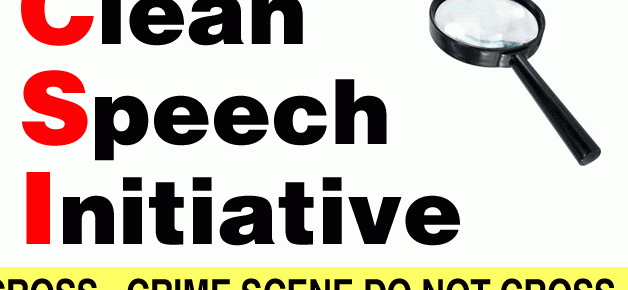In Defense of Clean Speech in Christian Fiction, Part 3

See Part 1, Part 2, Part 3, Part 4, Part 5, Part 6, Part 7, and Part 8. What Is “Clean Speech”? Before we discuss what unclean speech is, let’s define clean speech based on the ultimate authority: God’s Word. The Bible is jam-packed with great verses about communication that would merit God’s smile (Ps. 19:14; Prov. 15:26; 16:24; Matt. 12:36; Col. 4:6; Titus 2:7-8; ), but I think this verse is probably the best. Finally, brothers, whatever is true, whatever is honorable, whatever is just, whatever is pure, whatever is lovely, whatever is commendable, if there is any excellence, if there is anything worthy of praise, think about these things. (Phil. 4:8) In other words, clean thoughts come from clean words. The publication “A Biblical Approach to Objectionable Elements in Christian Education” puts it this way: This grand prescription for mental, moral, and spiritual health [Phil. 4:8] expresses the principle that dwelling on good will help to drive out evil.…
Read more